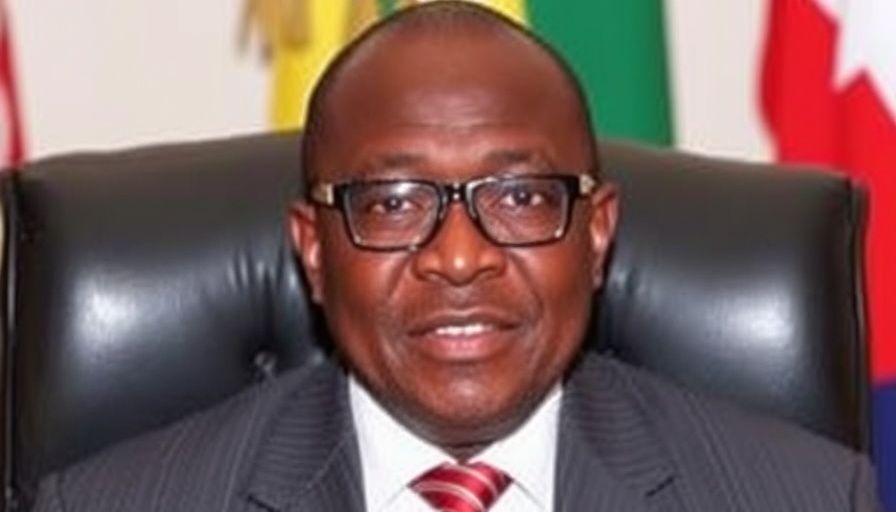
The Arrest of a Fashion Icon: Implications for Rwanda's Image
The recent arrest of Moses Turahirwa, the esteemed founder of the Rwandan fashion house Moshions, on drug charges has raised concerns not only within the Rwanda community but also among stakeholders in Africa's fashion and business industries. Known for designing clothing for prominent figures, including President Paul Kagame, Turahirwa's arrest echoes a broader narrative of how personal scandals can impact national reputations and the global perceptions of African countries.
The Repercussions of Scandal in African Politics
Turahirwa's previous role as a political designer linked him closely to the Rwandan government; thus, this arrest brings attention to the intersection of personal crisis and political image. Authorities stated that tests from the Rwanda Forensic Institute confirmed drug presence in Turahirwa’s system. The implications of such allegations are significant, especially for a nation that prides itself on its rapid socio-economic recovery after the 1994 genocide.
Unpacking the Context: A Troubling Legacy
Rwanda has long struggled with narratives surrounding justice and human rights post-genocide. Turahirwa's father's wrongful imprisonment intertwined with his drug charges showcases the complex societal issues embedded within Rwandan history. His father's case, involving accusations related to the genocide, mirrors the struggles many families face in reconciling personal grief with public narratives.
Fashion and National Identity: A Delicate Balance
The Moshions brand, which has increasingly gained recognition on the global stage, serves as a symbol of Rwanda's evolving culture and prospects. Turahirwa's arrest challenges the narrative that the fashion industry could be a unifying force in a developing nation. As public figures in politics and business grapple with the risks their actions pose to reputations, the case exemplifies the fragile balance between personal responsibility and public representation.
The Future of Rwanda's Fashion Industry
Investors and policymakers should scrutinize the implications Turahirwa’s arrest carries for Rwanda’s emerging market. As the nation aims to position itself as a leading player in sectors such as fashion and tourism, the potential stigma from such arrests can deter investment and disrupt growth. The future is uncertain, as stakeholders in fashion and beyond consider how these events shape consumer and global market confidence.
Call to Action: Engaging with the Issues
As global observers, it is essential to reflect on how societal issues in Rwanda might affect not only national cohesion but also international partnerships. The fashion industry, often viewed as apolitical, holds implications that reach far beyond its runway. Therefore, it is imperative for business leaders, policymakers, and academics to remain steadfastly engaged with these unfolding narratives, assessing their impact on the African economy and global public perception.
 Add Row
Add Row  Add
Add 


Write A Comment